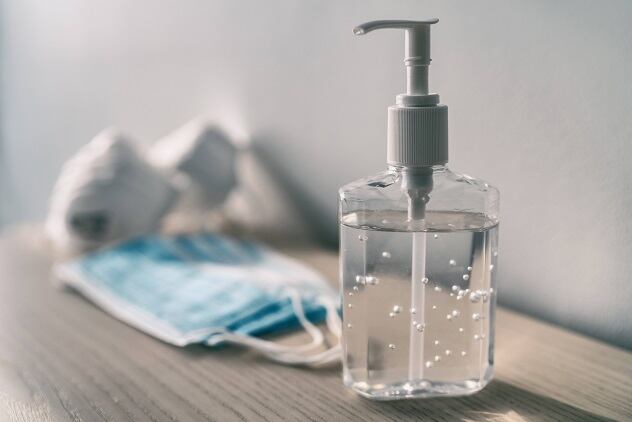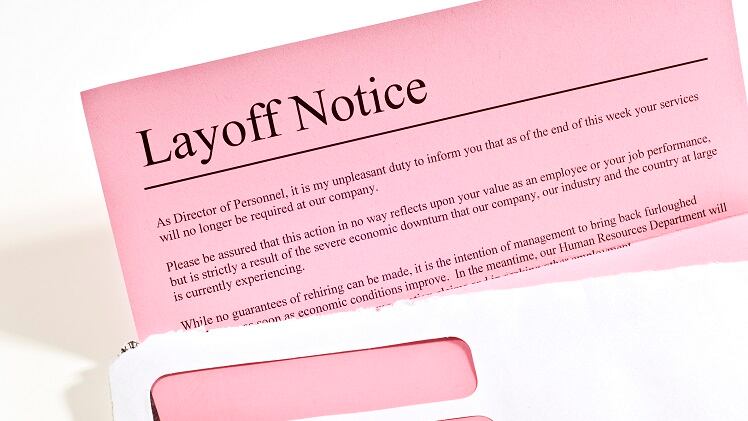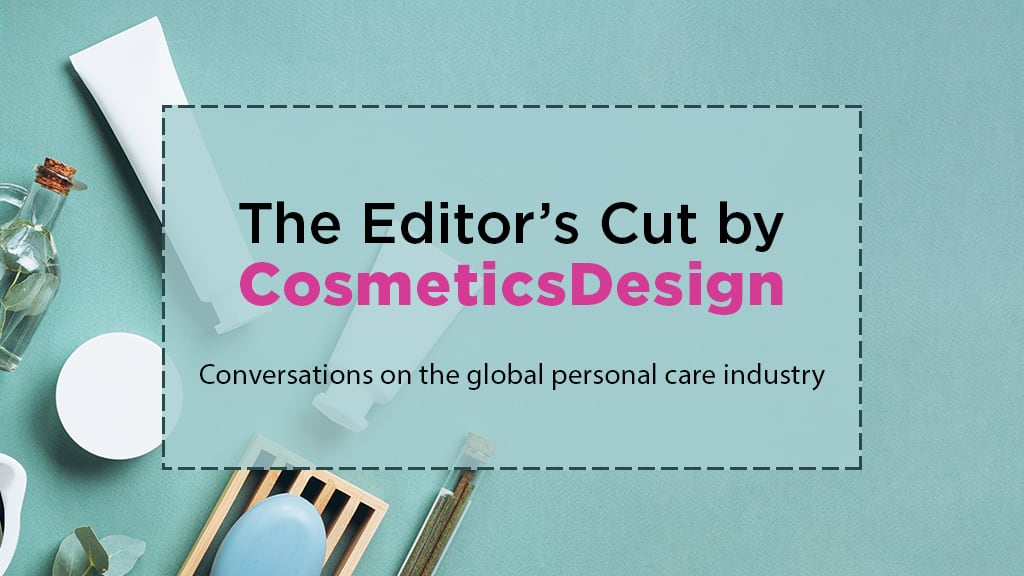Here, Cosmetics Design pulls together highlights from multiple market research firms to get a full picture of what’s true now and what the future may hold for the beauty industry here in the Americas region. In short: color and fragrance will lose market share, mood-boosting beauty and clean beauty will do well.
“The cosmetics market will undoubtedly suffer in 2020 and in the years to come,” acknowledges Carrie Mellage, Vice President of Kline & Company’s Consumer Products practice.
“But,” she says, “we expect it to recover within three to five years as it has in all past recessions. Compared to other industries, the beauty market is fairly recession-proof, and its products will continue to be desired by consumers—both for meeting basic needs as well as an indulgence.”
And indeed, during the initial wave of business and municipal shutdowns, “beauty and personal care products are in high demand online, with e-commerce prices and out-of-stock levels increasing as more shoppers shift from brick and mortar retailers due to COVID-19,” according to a blog post on Euromonitor.com looking at price and availability insights across sectors during the second half of March.
Beauty consumers is the US market will spend less on nice-to-have categories
Kline Group recently released data showing that “the US cosmetics and toiletries market is on track to experience the sharpest decline ever recorded in the 60+ years….So far, the 0.8% drop in 2009 during the last recession is the biggest market dip ever reported by Kline. The only other time Kline noted a market decrease was a 0.3% falloff in 1991 amid another recession.”
During the crisis, that market research firm is looking at beauty in four groups ranging from need-to-have through nice-to-have: “rescue categories, such as hand sanitizers and liquid hand soaps…will experience spiked levels….Basics like shampoos and deodorants…are expected to [sell] more or less as usual. Soothing solutions such as facial skin care and nail polishes…are expected to decline near term….Can-wait categories including fragrances and color cosmetics…are expected to decline sharply during social distancing of the health crisis and continue to suffer during the economic fallout in the years to come,” reports Kline.
Clare Hennigan, Senior Beauty Analyst at Mintel, is looking a bit farther out agrees that not only is consumer demand shifting but also changes in employment and income are and will continue to affect consumer spend: “In the short term,” Hennigan tells Cosmetics Design, “several beauty categories are expected to take a hit. However, once routines are back to normal, categories such as haircare that may experience a short-term hit will likely recover after the pandemic.”
“Keeping in mind economic hardship, I think affordable wellness-oriented beauty and personal care products will do well,” she says.
“Currently, mood-boosting and wellness-oriented BPC products are niche and often come at a higher price tag. However, with more consumers seeking ways to ‘destress’ while keeping within budget, value brands that offer added emotional value to functional cleansing products (such as body wash and shampoo) will perform well.”
“Post-COVID-19,” she says, “I think we will see the income barriers to wellness minimize and brands will adapt a “wellness is a right, not a privilege” mantra.
LATAM market looks to germ-free and stress-free living during Coronavirus
In Brazil, beauty in general and some categories in particular, are not fairing as well during the Coronavirus crisis as products from other industries are, such as bottled water, coffee, or food staples.
“For beauty-related items, a different scenario is expected,” according to a Euromonitor blog post made just last week. “With several consumers staying at home, categories like colour cosmetics and fragrances are expected to perform poorly, as these are usually related to ‘going out’.”
Looking at the LATAM region more broadly, Amanda Caridad, Senior Analyst Beauty & Personal Care at Mintel, tells Cosmetics Design that because of the Coronavirus crisis, there is a “renewed attention on the need of germ-free body and home [care];” that consumers are aware that “beauty rituals can help improve mood;” and that “online shopping is expected to grow.”
Caridad explains the opportunities she sees for mood-boosting beauty in the LATAM region saying, “As feelings of anxiety and loneliness take a toll on emotional health, technology is enabling connections. However, as screen time increases, the need to switch off will also grow. Brands can encourage digital detox with beauty rituals like home spa experiences and meditation, while raising awareness of blue light protection.”
Also, she tells Cosmetics Design, “Stay-at-home mandates are changing people's connection with their homes. With more spare time, people will likely turn to beauty rituals to de-stress, cooking as a form of bonding, and entertainment and tidying up to improve organization and mood.”
Sharing a bit of Mintel data, Caridad notes that “In Brazil, 64% of consumers have declared that they are looking for ways to reduce stress. In Mexico, 35% of consumers say they are interested in beauty/grooming solutions that help them relax.”
5 ways the Coronavirus is impacting the cosmetic and personal care market in Canada
Looking at the present and future beauty marketplace in Canada, Meghan Ross, Senior Insights Analyst for Home & Beauty in Canada at Mintel shares these 5 predictions with Cosmetics Design:
- Hygiene staples will weather the storm while premium purchases are put on hold temporarily
- Canadians will become more comfortable with the online retail landscape
- In-person elements of beauty retail will be forced to evolve
- At-home pampering is expected to thrive during the outbreak
- The desire for safety will drive an increase in clean beauty post-pandemic
Adding more detail to her predictions, Ross explains that “needs-based purchasing of basic hygiene products (eg shampoo, body wash, etc.)” beauty and personal care is doing fine just now.
“The hand soap and hand sanitizer categories, while obviously experiencing a surge in purchases now, is expected to continue to see an uptick in usage after the crisis, as Canadian awareness of hand hygiene practices lingers,” Ross tells Cosmetics Design, adding that fragrance and color cosmetics “will become somewhat less important to consumers, both in the short term as consumers stay home with fewer people to impress, and in the longer term, while the economy sputters and Canadians determine their financial stability.”
Online shopping is up; and that’s an opportunity for beauty: “Data from Mintel’s Global COVID-19 Tracker – Canada shows that over a quarter (27%) of Canadians have reported an increase in the amount of online shopping they do as a result of the pandemic (by April 1)….Brands have an opportunity to help their customers navigate these uncertain times by providing easy online shopping experiences, with virtual guidance when needed,” says Ross.
And while experts differ on whether so-called clean or conventional beauty will come out ahead, Ross is listening carefully to consumers on social media and says that clean beauty has the lead: “While the shift to clean beauty has been ongoing for some time, after the crisis subsides, clean beauty's focus on safety will attract more consumers to the category,” she tells Cosmetics Design.
“As consumers become increasingly aware of general hygiene and safety practices,” says Ross, “the need for transparency will intensify. Clean beauty and natural have remained popular mentions on Twitter and Instagram in the Americas and around the globe over the last few months. In fact, mentions of clean beauty and safety rose as COVID-19 worsened in March. Expect the clean concept to gain more mentions on social media with consumers looking to stay safe and be well.”
---

Since 2014, Deanna Utroske has been writing daily news articles for CosmeticsDesign.com. Now as Editor of the site (since late 2017), she's a leading voice in the cosmetics and personal care industry as well as in the indie beauty movement, not only writing daily news but also regularly producing video interviews with cosmetics, fragrance, personal care, and packaging experts as well as with indie brand founders. Find out how else the Coronavirus crisis has changed the beauty industry in this recent #duviews video.




